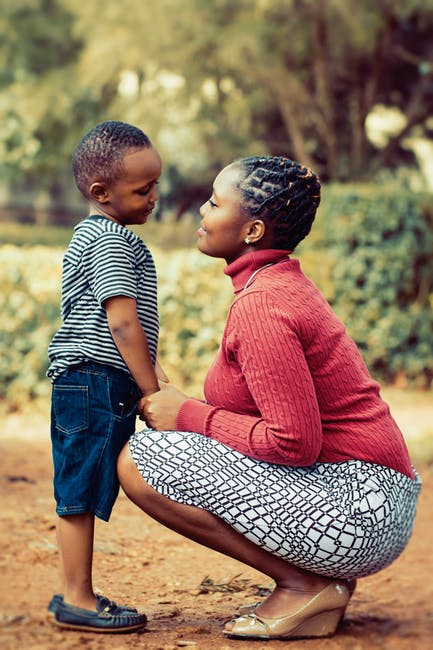What is your relationship like with your children? Are you struggling to connect with them?
Children observe and mimic their parents from an early age. Our communication and behaviors towards our children build a foundation on how they will view themselves and how they’ll display their own behaviors as they grow older. Many studies show that the quality of the parent-child relationship from early childhood sets the stage for later social relationship formation.
Often times parents share not being aware of what’s going on in their children’s day to day lives. As a therapist, I see all sorts of parent-child conflicts due to lack of trust and support, lack of involvement and interest, parents’ own unresolved trauma, and acculturation gaps for the immigrant families. Below are some quick tips I share with my families on ways the parent-child relationship can be improved.
Check-in: Our approaches as parents can play a significant factor in them reaching out for support. To build a connection, it is important that we initiate the conversation which sometimes is very difficult for the child to do. When they express their concerns, listen to them and show interest in what they are saying without being intrusive. Our response determines if they will feel comfortable to share anything the next time. Therefore, it is crucial we give them our undivided attention, acknowledge their feelings, and not criticize or be defensive.
DO NOT Compare: One of the factors that can create a rift in the parent-child relationship is the child feels they are not good enough. Some parents tend to compare their children with other people (why can’t you be like your friends or siblings?). Not only does this create a strain in the relationship, but it can also affect their self-esteem. Every child is different and unique; therefore, as parents, we must energize the positive behaviors, their strengths, and assist them with other needs.
Breaking generational trauma: We must break the cycle! Things don’t have to be the way they’ve always been. Going against how things have been for years is a daunting prospect but we must create our own story as we are setting out to build a better future for us and our children. It might not be an easy process and not all the changes we make will be successful; however, it is a step towards living a healthy life as well as teaching our kids about change and healthy behaviors.
Acculturation: After the migration to the USA, my parents have experienced some challenges adapting to the new culture. Although it was easier for me to adapt, my parents were afraid of losing their own cultural norms and values in the process. As parents, it is ok to be afraid or be concerned but it is also important that we are open-minded to adapting new environments and situations as it can help them to feel supported.
Parenting is hard work and every situation is different. Maintaining a good connection can be challenging but stay motivated and keep trying. Help is always available to take you through this process; please reach out to someone you trust or a mental health professional for help and support.
Santa Dastidar, LCSW
Therapist






